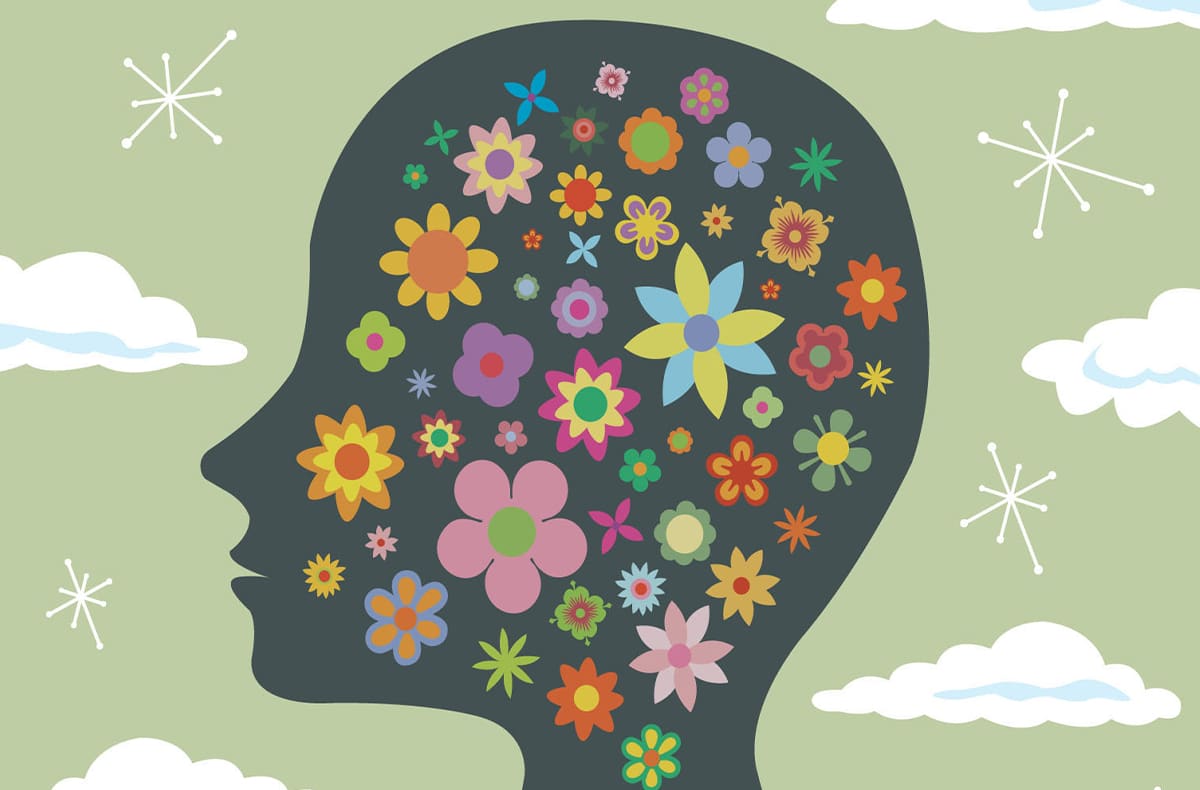
Last February was a complete and utter disaster. In one horrible night, I lost a relationship and a new apartment, along with my entire sense of self-worth. For days I stayed curled up in bed, listening to the ending of The Lion King, when Simba climbs up Pride Rock in the rain among the ruins of his kingdom. “I just need to get back to Pride Rock,” I whispered to myself, as Simba roared. “I just need to find my way back to Pride Rock.”
I know a lot of people might have expected me to go into a shame spiral and drink wine and feel sorry for myself. My ex-boyfriend certainly thought that was going to happen. But I’ve been writing about wellness for a long time, so I know better.
Instead, I engaged in rigorous self-care, treating the time period like a personal bootcamp. I took long walks, did yoga, talked to my therapist, cried, cuddled my dog, wrote, and grabbed lunch with good friends. I did an entire run-through of Gilmore Girls and watched Eat, Pray, Love at least four times. I reread Cheryl Strayed’s Wild and repeated the yogi mantra “Whatever comes into your life, let it in, whatever leaves your life, let it go” every day. It worked. Three weeks after the fact, the heavy fog in my mind lifted, and I was already texting a friend while walking through Soho with a spring in my step. It felt correct. It felt like me. You can afford to lose anything in life except your sense of self-worth. That’s non-negotiable.
And it feels so liberating, at this point in my life, to know that I don’t need things in my life to work out in order to feel happy, positive, and hopeful. It’s all completely in my hands and largely within my control. By the time those three weeks had passed, I was already ready to meet my ex in a diner and have an indie movie-like scene in which I thanked him for our time together and wished him well instead of sobbing and begging him to take me back.
I say all of this because, when I talk to people who are older than me, they still laugh when I use the word “headspace.” It seems very “millennial” to them—something silly and unreal, kind of like aura readings and avocado hummus. “There’s already a word for this,” one of my older friends said to me, “It’s called being in a mood.”
But being in a bad headspace is not quite like being in a bad mood. Our moods are always changing, but your headspace reflects not only your emotional state but also your view of the world, the people around you, and yourself. I always explain it by saying you cannot possibly be in a good headspace if you watch Seven, Fight Club, and Requiem for a Dream all in a row. It’s inevitable that the world will seem like a dark place in which humans are not to be trusted and self-abuse is almost compulsory.
That’s why it’s important to be aware of the kind of headspace you’re in, and to pull yourself out of a bad one in whatever ways you can.
I did a group therapy session a few years ago, which I got very little out of except for one really useful hack. The group leader was talking about how what torments us isn’t the Thing That Happened so much as the story that we build around The Thing That Happened. I volunteered to share. He drew two circles on a whiteboard and asked me what was bothering me. I told him I still wasn’t over my college boyfriend breaking up with me. He put an X into the first circle, then he asked me what that meant to me. I told him it meant that I was unlovable (he put an X in the second circle), that I was doomed to die alone (X in the second circle), etc. and so forth. By the time I was done talking, there were about three dozen Xs in the second circle and only one in the first: the fact that my college boyfriend broke up with me.

I found this very enlightening because, as a journalist, I know that the facts of a story aren’t nearly as important as how you spin those facts. So why not create a story that makes you feel happy and doesn’t hurt anyone?
I could mope and say I lost The Greatest Man That Ever Lived…AGAIN. I could say that all of the men in my life were ungrateful jerks who didn’t appreciate me, and carry that anger around everywhere I go like dead weight. Or I could say that someone came around that was precisely what I needed at that time, and be grateful for it.
People make a big deal about making decisions when they’re drunk versus sober, and that’s fair. But, in my experience, the worst decisions that people make are when they’re in a bad headspace. I know that any decision that I make when I’m anxious will be a fear-based choice, when I want a sense of comfort at the expense of anything else. I know that any decision that I make when I’m depressed will be made in the belief that I am garbage and other people are always just trying to take advantage of me. So I try to make sure that I’m always in a good headspace when I make decisions, because those are the choices that I never regret.




